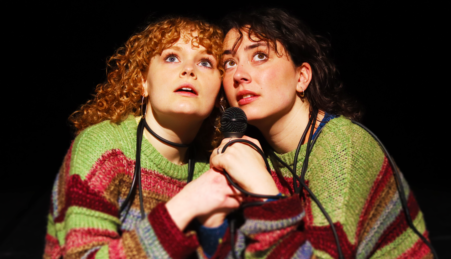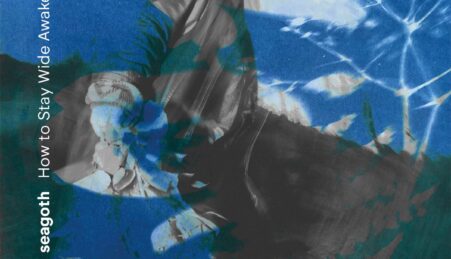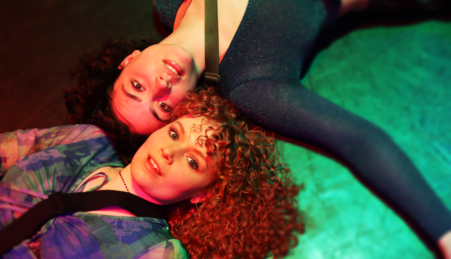By Josh Else
Photography: Nguyen Bui Vu
Last Sunday over 50,000 protesters marched on the streets of Manchester to raise awareness about their concerns over Brexit and to challenge the decision to leave the EU.
Humanity Hallows caught up with attendees to find out what their motivations were and how they felt about the uphill battle they face opposing Brexit.
Helen, a journalist visiting Manchester for the protest shares her fears about life after Brexit:

“I think it’s really important to be here to support Manchester, it’s a fantastic city. Although Brexit hasn’t happened yet, I think a lot of damage is emotional and that’s had a very, very negative impact on all sorts of things in this country. It’s broken friendships, it’s broken relationships and it’s broken people’s hearts. Brexit is smashing livelihood and a sense of belonging. When we leave the EU, if we leave, and I’m here in the hopes we can stop it because I think it’s going to be the biggest mistake the country has ever made, it will become apparent fairly quickly the damage that’s going to be done economically, socially, culturally. People who haven’t realised that yet are in for a big shock. At the moment, it’s really important people use their voice and that they’re not frightened, embarrassed or ashamed of speaking up. We live in an age of social media. People unfortunately feel that liking something on Facebook, sharing something on Facebook, is enough. It’s really important to get out on the streets. We need people out there. It’s a turning point in history for the UK and it’s a really negative one. I think if people love this country, like I do, we really need to protect it. Brexit is going to damage it and anybody who doesn’t want that needs to get out there. Don’t sit back and let other people do it for you. We need numbers, we need support.”
April Preston, a Manchester Met Interactive Arts graduate, is deeply worried about funding for arts and humanities education following Brexit:

“The issue with Brexit is we now have an ineffective Tory Party, so when we leave the EU, no one will stop them from doing unfavorable things in terms of the arts. It feels like going to university was the worst mistake I made.”
Boarding school teacher Kate Tipton, reveals the impact Brexit has already had on her students:

“A lot of our students are from Europe and one of the biggest impacts of Brexit is them feeling they aren’t welcome. I have colleges who come from all over the European Union and some of they are in fear for their jobs and it’s the uncertainty surrounding Brexit that really concerns me. There is no clear plan, there is no clear objective, no one seems to know what they are doing. I want to hold the Tory Party to account to that, I think someone should come up with some answers.”
When asked about the significance of a march, Kate said, “I’m British, I’m on a protest march, something must be wrong, we don’t get out, we don’t protest, we sit at home and hope someone else will do it for us and I think we can’t afford to do that anymore. If you don’t think something is right you have an obligation to make your voice heard.”
John Stevens, a former member of the European parliament from the group Tories Against Brexit, voices his concerns:

“Brexit will be a national disaster, and it’s got to be stopped. I’m marching to send a message to the Conservative party that Brexit is going to be a disaster and they should think again. We have to make clear our views and make the arguments that weren’t made during the referendum campaign, which are now becoming clear. These arguments are to do with identity, the economy, the whole future of the country. It’s quite clear that the only group that can stop Brexit now are the Conservative members of parliament, which is why the opinion of Conservatives and former Conservatives and people who voted Conservative is so important. If those opinions change, the MPs will change, and that’s why what we’re doing matters a great deal.”
Francesca, a 17-year-old student from Cardiff has her say:

“Brexit should be seen as a global problem, since people all over the 27 other EU countries are no longer feeling welcome in the UK. I can’t vote so I have nothing left to do, other than to march the streets in protest.”










Leave a reply